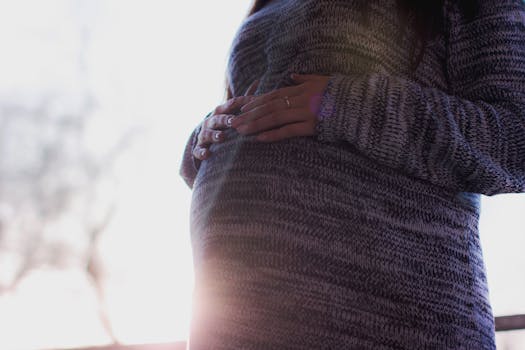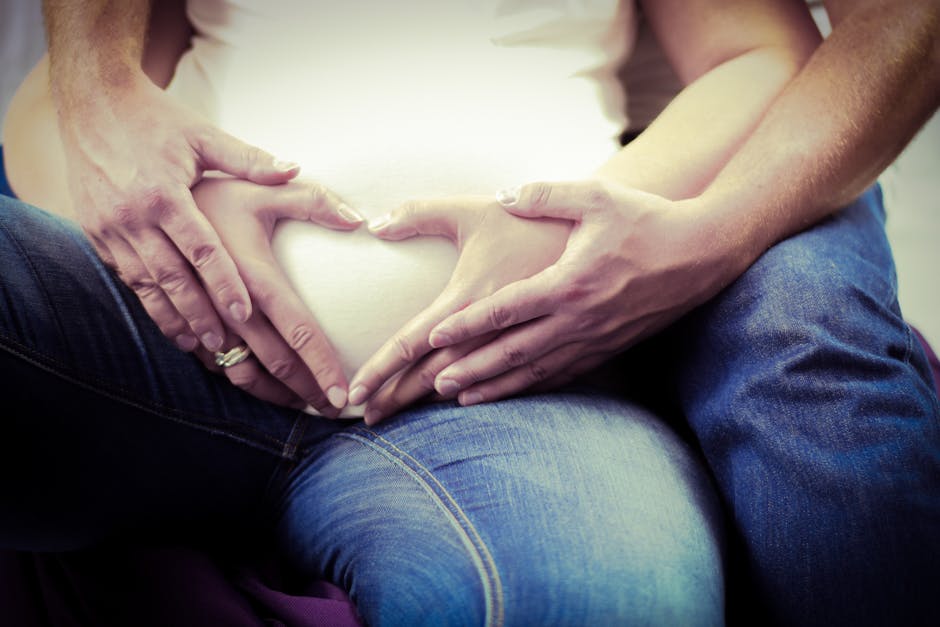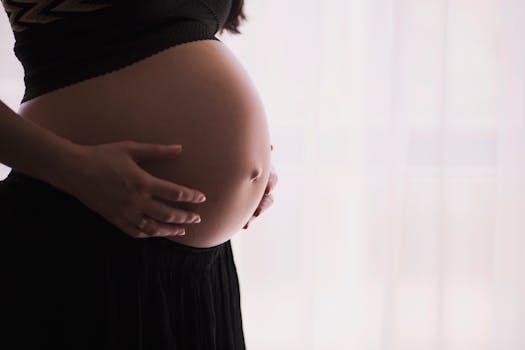A placental abruption is a very serious condition where the placenta partially or completely separates from your uterus before your baby is born.
The condition can deprive your little one of oxygen and important nutrients, and can, in some cases, cause severe bleeding that can be quite dangerous.
A placental abruption also increases the risk of your baby being born early, having growth problems or being stillborn.
What are the symptoms?
When a placental abruption happens, it is usually rather sudden. You may notice some vaginal bleeding, but the amount of blood can vary from woman to woman. It is important to note that just because there’s not a lot of blood doesn’t mean your placental abruption isn’t severe. - always seek medical attention.

Signs of a placental abruption are:
- Pain in your belly or lowerback.
- Tenderness or quick, repeated contractions in your uterus.
- You have light vaginal bleeding that happens on and off.
- You have a low amount of amniotic fluid.
- Your baby isn’t growing as fast as she should.
What causes it?
There are a number of things that can cause placental abruptions:
Placental abruptions in previous pregnancies
If you’ve have suffered from it before, you will have about a 10 percent chance of it happening again.
Smoking
One study showed that women who smoked before getting pregnant raised their chances of placental abruption by 40 percent for every year they smoked.
High blood pressure
Be sure to work with your doctor to manage your blood pressure levels.

Problems with your amniotic sac
Your amniotic sac acts as a cushion for your baby inside the uterus. If something breaks the sac or makes the fluid leak out before you’re ready to give birth, there is an increased possibility of placental abruption.
Getting pregnant later in life
If you are over 35, your chances of having a placental abruption are higher.
Abdominal injury
This could happen if you fall and hit your bump in a bad way. It could also happen in a traffic accident if your stomach is injured.

What’s the Treatment?
Once the abruption takes place, the placenta cannot be reattached, so your treatment options depend on how far along you are in your pregnancy.
If you’re less than 34 weeks pregnant
You may have to go into the hospital for monitoring - and as long as your baby’s heart rate is normal and the placental abruption doesn’t seem to be severe. If your baby appears to be doing OK and you stop bleeding, you may even be able to go home.
If you’re more than 34 weeks pregnant
You might still be able to have a vaginal delivery if the abruption doesn’t seem severe. If it is, and it’s putting your health or your baby’s health at risk, you’ll need a C-section right away. You might also need a blood transfusion.

If you suspect something is off, seek medical attention immediately.







